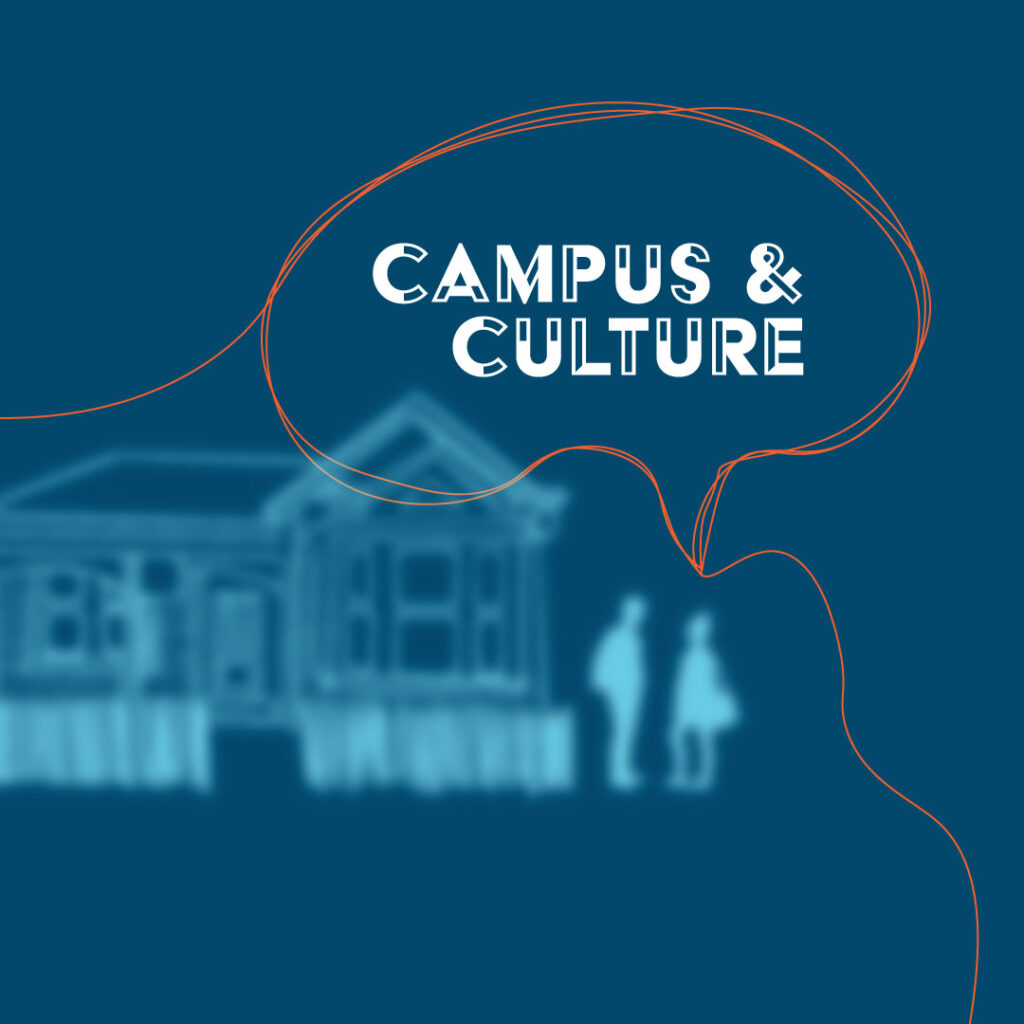Canvas | Issue 91: Engaging with Culture Through a Gospel Lens
Engineers are boring, basic and pragmatic. Lawyers are trendy, articulate, and bourgeoisie. These are caricatures of course. Except when they’re not…
I’ve had the privilege of doing student ministry at two different universities here in our country. Years ago, I got the opportunity to serve on TSCF staff at the University of Canterbury. Now I’m the Wellington Team Leader, working at Victoria University. I’ve certainly noticed some cultural differences between the two campuses.
While I was at Canterbury, we ran an outreach event on the topic of science and faith. It was by far the most attended event we ever organised. This wouldn’t surprise you if you knew anything about the cultural make-up of UC. The Engineering Society is the largest student club. Students travel from all over the country to study at our most prestigious engineering school. So, it makes sense for left-brained young adults to be curious about the relationship between science and faith.
How do you think this would fare at Victoria? I haven’t yet encountered a student who is remotely interested in the topic of science and faith. The faculties that seem to have more mana on campus are law and the humanities. Students here are curious about what Christianity has to say about identity, sexuality and justice. Perhaps it wouldn’t surprise you that our most attended outreach event so far this year was on the topic of sexuality. We’re anticipating another decent turnout later in the year as we tackle the topic of justice.
How do we engage these different contexts? With the same news – the gospel. Not only does this message provide a counter-narrative to a naturalistic worldview, but it also brings hope, freedom and forgiveness for all people, especially those wrestling with questions about who they are and what’s wrong with our world. Campuses may be different but the life-changing news of the gospel remains the same.
The gospel profoundly affects the way we relate to people who seem different to us. Salvation by grace removes any sense of arrogance, so we can approach any relationship with humility and empathy. Yet, it shows us that because we’re completely accepted on the basis of Christ’s righteousness imputed to us by faith, we have all the confidence we need to cross any social barrier.
It’s in the gospel that we find true unity. It unites people from different races and social groupings. It’s in the gospel that we find common ground, for it shows us that no one is able to save themselves. Yet, Jesus takes our sin upon himself so that we might find salvation in him alone. And it’s this gospel that binds us to one another (Ephesians 2:13–16).
What’s the best strategy for engaging diverse campuses across Aotearoa? One that’s gospel-centred. Really. It’s Jesus who determines who we are, Jesus who empowers us to love those who are different, and to love his body – the church – where we ultimately belong.
Matthias Loong, Wellington Team Leader






